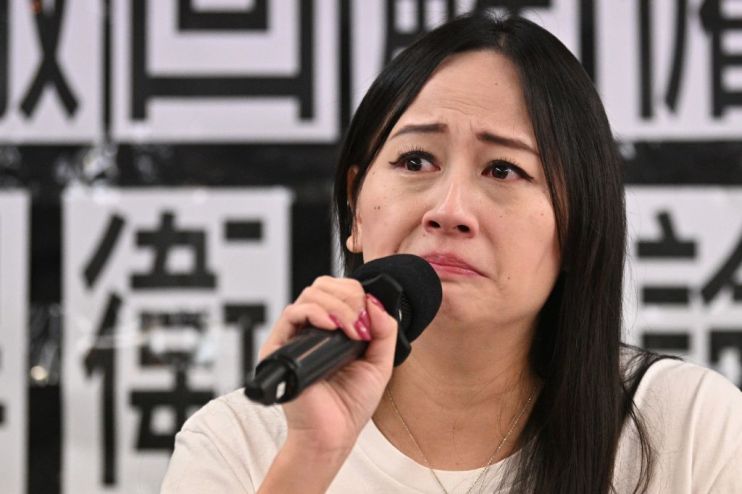Cathay Pacific urged to end ‘white terror’ by Hong Kong unions

Trade unions in Hong Kong have called on Cathay Pacific, the airline caught up in tensions between Chinese authorities and anti-government protests in the city, to end “all forms of white terror”.
The Hong Kong Confederation of Trade Unions (HKCTU) called a news conference following the dismissal of the head of Cathay Dragon’s Airlines Flight Attendants’ Association, Rebecca Sy.
Sy said she was fired without explanation after managers saw her Facebook account. HKCTU called her dismissal a “blatant act of suppression”.
Read more: HSBC urges peace amid Hong Kong clashes
According to the group of unions, 14 people have been fired over the protests so far.
Cathay Pacific has been under pressure from Chinese authorities to suspend staff who participate or support the anti-government protests, leading to the resignation of its chief executive and chief customer and commercial officer.
“All the employees are being frightened, not just cabin crews, but even the management,” Sy said. “My colleagues are all terrified because of its white terror.”
White terror is an expression used to describe anonymous acts that create a climate of fear that was first used to describe a counter-revolutionary movement during the French Revolution.
Cathay Pacific said in a statement that Sy’s dismissal had nothing to do with her union role or activities.
“Whilst we cannot comment on individual cases, when deciding whether to terminate an employee, we take into account all relevant circumstances including applicable regulatory requirements and the employee’s ability to perform his/her job,” the airline said.
Read more: Worker from UK’s Hong Kong embassy reportedly detained in China over ‘prostitution’
In a separate statement, Cathay Pacific’s director of corporate affairs, James Tong, said the airline “wishes to emphasise it fully supports the upholding of the Basic Law and all the rights and freedoms afforded by it.”
The Basic Law was introduced after Hong Kong ceased to be a British colony and was returned to China in 1997. It sets out the relationship between Hong Kong and mainland China, and provides the basis for the “one country, two systems” principle under which the city is governed.
“Recent weeks have been most challenging for all of our people. We thank all our dedicated staff who are committed to serving our customers in a professional manner,” Tong added.
Main image credit: Getty